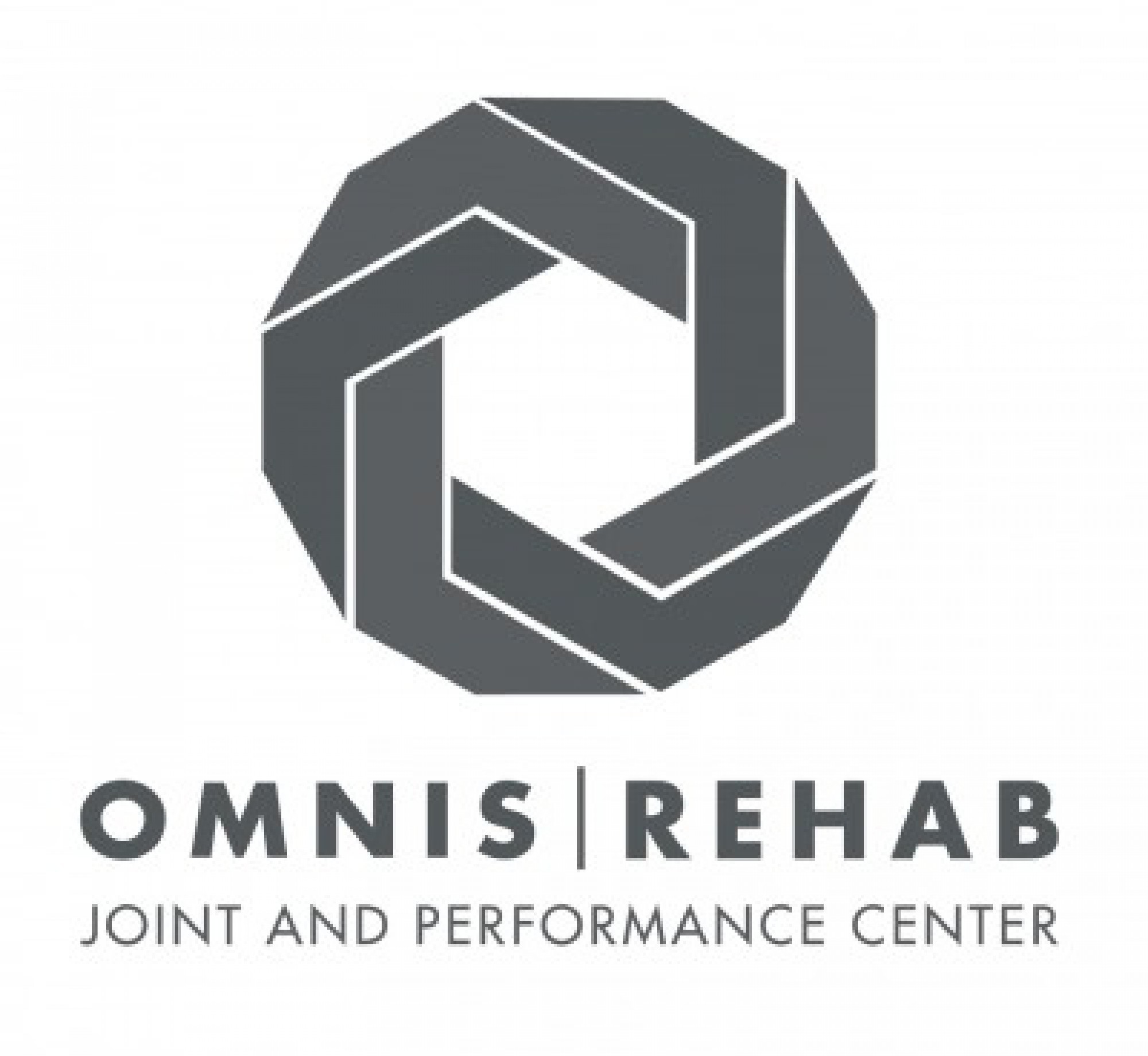Migraines are a debilitating neurological condition characterized by intense, recurring headaches that can significantly impact an individual’s quality of life. Beyond the extreme head pain, migraines can cause nausea, vomiting, and heightened sensitivity to light and sound, often rendering sufferers unable to perform regular daily activities. If you are one of the millions of people affected by chronic migraines, you may be seeking effective treatment options that can provide long-term relief.
Chiropractic care offers a comprehensive, non-invasive approach to managing migraine pain by focusing on the root causes of headaches rather than simply treating the symptoms. By addressing underlying issues such as spinal misalignment, muscle tension, and nervous system imbalances, chiropractic care can help to reduce the frequency and intensity of migraines, providing lasting relief from debilitating headaches.
In this article, we’ll explore how chiropractic care can address the complex factors contributing to chronic migraines and provide insights into effective techniques and treatment plans catered to individuals struggling with this condition. We’ll discuss the potential mechanisms through which chiropractic treatments can alleviate migraine pain and offer practical tips for implementing chiropractic care as part of a comprehensive migraine management strategy. By understanding the role of chiropractic care in migraine relief, you can make informed decisions about your headache treatment options and take steps toward a pain-free life.
Join us as we discuss the benefits of chiropractic care for migraine sufferers and elaborate on the unique treatment approaches employed by chiropractors to address the specific needs of individuals struggling with chronic migraines. Continue reading to discover how we can work together to help you take control of your migraine pain and find lasting relief through chiropractic care.
Understanding the Root Causes of Migraines
Before delving into the benefits of chiropractic care for migraine relief, it’s essential to understand the complex factors contributing to migraines. While the exact cause of migraines is still not fully understood, they are often linked to a combination of genetic, environmental, and lifestyle factors triggering abnormal brain activity, leading to intense headache pain. Some commonly recognized migraine triggers include:
- Spinal Misalignments: Misalignments in the spine, also known as subluxations, can interfere with the proper functioning of the nervous system and contribute to migraine headaches.
- Muscular Tension: Tension in the muscles of the neck and upper back can also trigger migraines by causing imbalances in the musculoskeletal system and compressing nerves.
- Stress: Stress is a well-known trigger for migraines. Prolonged stress can lead to muscle tension and imbalances, which can exacerbate migraine symptoms.
- Diet and Lifestyle: Poor dietary habits, lack of proper hydration, and certain foods and additives can also contribute to the onset of migraine headaches.
Chiropractic Care for Migraine Relief: A Comprehensive Approach
Chiropractic care offers a holistic approach to migraine management by addressing the root causes of headaches rather than merely treating the symptoms. Some of the key ways chiropractic care can help alleviate migraine pain include:
- Spinal Adjustments: Chiropractic adjustments, also called spinal manipulations, are used to correct spinal misalignments and enhance the function of the nervous system. By restoring proper spinal alignment, chiropractors can reduce the frequency and intensity of migraines.
- Soft Tissue Therapy: Chiropractors may use a variety of soft tissue therapy techniques, such as myofascial release or trigger point therapy, to reduce muscle tension in the neck and upper back. By alleviating muscle tension, they can help alleviate migraines caused by musculoskeletal imbalances.
- Stress Management: Chiropractors can offer stress management techniques and lifestyle recommendations to help migraine sufferers manage stress more effectively, reducing one of the significant triggers for migraine headaches.
- Nutritional Counseling: Chiropractors can provide guidance on proper nutrition and hydration to help address dietary triggers and support overall health, contributing to migraine relief.
Developing a Personalized Migraine Management Plan with Chiropractic Care
Creating a tailored chiropractic treatment plan catered to your unique needs and migraine triggers is crucial for achieving lasting relief. Here are some steps you can expect when working with a chiropractor for migraine management:
- Initial Assessment: A comprehensive evaluation of your spinal alignment, muscle balance, and overall health is essential to develop an effective migraine management plan. Your chiropractor will gather information about your medical history, lifestyle factors, and migraine triggers.
- Treatment Plan: Once your chiropractor has identified the specific factors contributing to your migraine headaches, they will develop a customized treatment plan that combines chiropractic adjustments, soft tissue therapy, stress management techniques, and nutritional counseling to address your unique needs.
- Progress Monitoring: As you progress through your treatment plan, your chiropractor will monitor your response to adjustments and therapies, adjusting the plan as needed to ensure optimal migraine relief.
- Maintenance and Prevention: Once you experience a significant reduction in migraine frequency and intensity, your chiropractor may recommend ongoing maintenance adjustments and therapies to help prevent future migraines and support your overall well-being.
Additional Strategies to Support Migraine Management
While chiropractic care can be highly beneficial for migraine relief, it’s essential to adopt a comprehensive approach to migraine management that includes additional strategies to support your overall health:
- Regular Exercise: Regular physical activity can help reduce stress, improve muscle balance, and support overall health, all of which contribute to migraine relief.
- Quality Sleep: Prioritizing quality sleep and maintaining a consistent sleep schedule can help minimize migraine frequency and intensity.
- Healthy Diet: Consuming a balanced diet that emphasizes whole foods and minimizes processed items can help reduce inflammation, support overall health, and reduce dietary migraine triggers.
- Stress Coping Skills: Developing effective stress coping mechanisms, such as deep breathing exercises, meditation, or journaling, can help manage stress and reduce its impact on migraine frequency and intensity.
Regain Control of Your Life with Chiropractic Migraine Relief
Chronic migraines can significantly impact an individual’s quality of life, but chiropractic care offers a holistic and effective approach to managing this debilitating condition. By addressing the underlying causes of migraine headaches, chiropractic treatments can provide lasting relief and allow you to regain control of your life.
If you are ready to explore how our chiropractic care services can help you manage chronic migraine pain, contact our experienced team at Omnis Rehab today. Our compassionate professionals are standing by to discuss your unique needs and create a tailored treatment plan to guide you on the path to lasting migraine relief.

